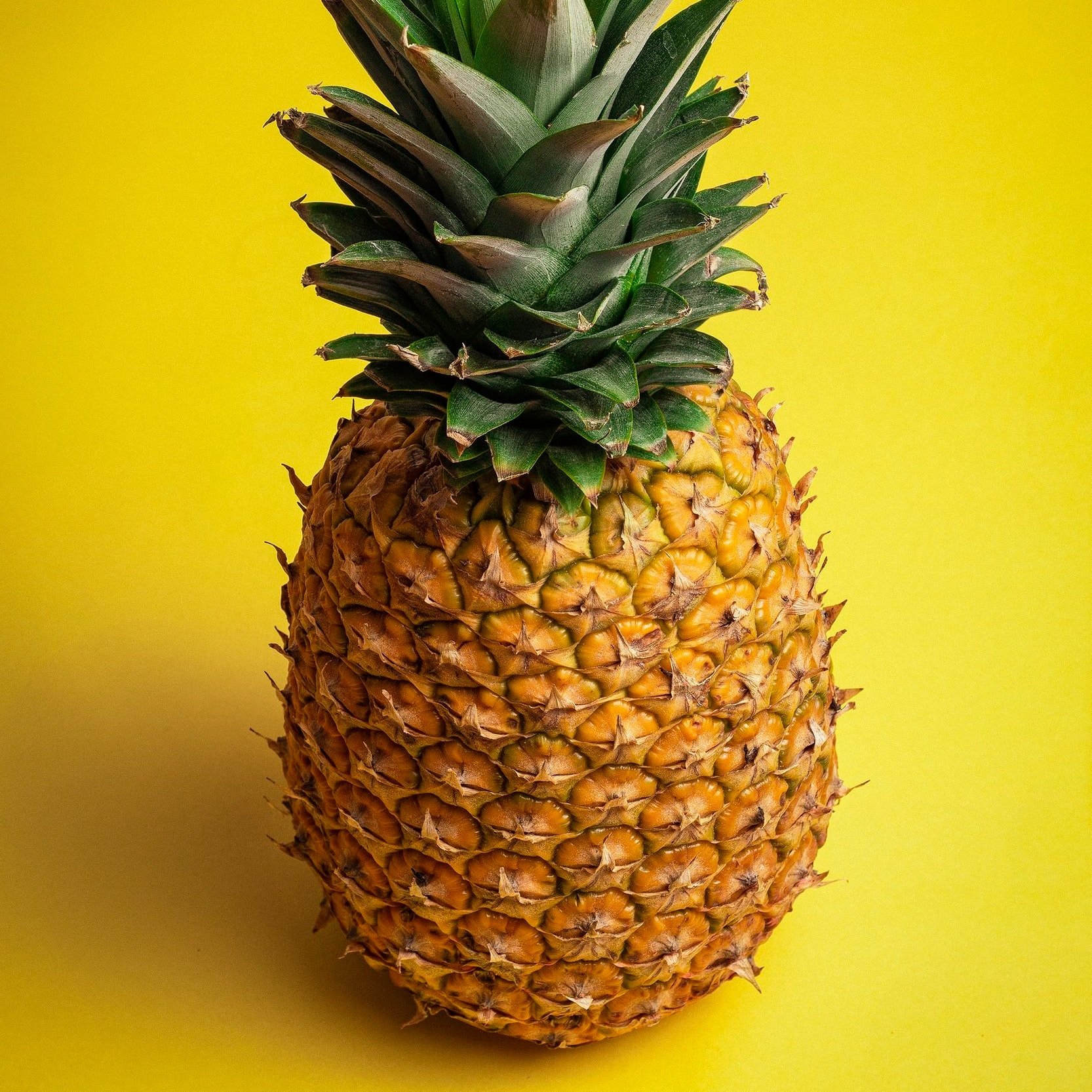The Facts on How Pineapples Eat You!
Has your mouth or tongue ever started to sting after eating fresh pineapple? Maybe you think it’s just you or that you’re slightly allergic? Well, I’m here to tell you that’s not the case at all! What’s actually happening is the pineapple is trying to eat you back, sort of.
See, pineapples contain a special and naturally rare mixture of enzymes called Bromelain. Bromelain has the ability to break down proteins and conveniently your body contains all sorts of proteins which means, as you eat pineapples, it starts to break you down.
“Go on, we dare you to eat us… double dog dare.”
Of course, the acidity of the enzyme isn’t strong enough to break down your body in seconds, in fact, you have to eat a bunch of pineapple in order to start feeling pain in your mouth.
Luckily the skin in your mouth, including your tongue, heals pretty fast which you’ll be thankful for if you ever go on a pineapple binge. Once you swallow it the acids in your stomach are strong enough to break down bromelain.
Since bromelain is pretty good at breaking down proteins it’s often used as a meat tenderizer, the bottles of meat tenderizers you buy in the supermarket most likely contain bromelain. Once you cook your meat though you won’t have to worry about the bromelain since its structure breaks down in the heat and it loses its ability.
But pineapples aren’t the only fruit that wants to come to life and murder you, kiwifruits also have a type of enzyme that breakdown proteins called actinidin.
Now that you have this information you can either avoid pineapples and kiwis or buy a batch and eat them as a power move.
Quick Facts
Pineapples were considered so rare in the 1700s that they became a symbol of high class and social status. There were even shops that let you rent pineapples to show off for the night!
Technically Pineapples are berries
It can take up to three years to get a pineapple plant to full maturity and after that, it only gives you a total of one pineapple per year!
If you have ever tried to make Jell-O with fresh kiwi or pineapple you know it doesn’t really work and that’s because Jell-O and other gelatin desserts are made of proteins that get broken down pretty easily.














